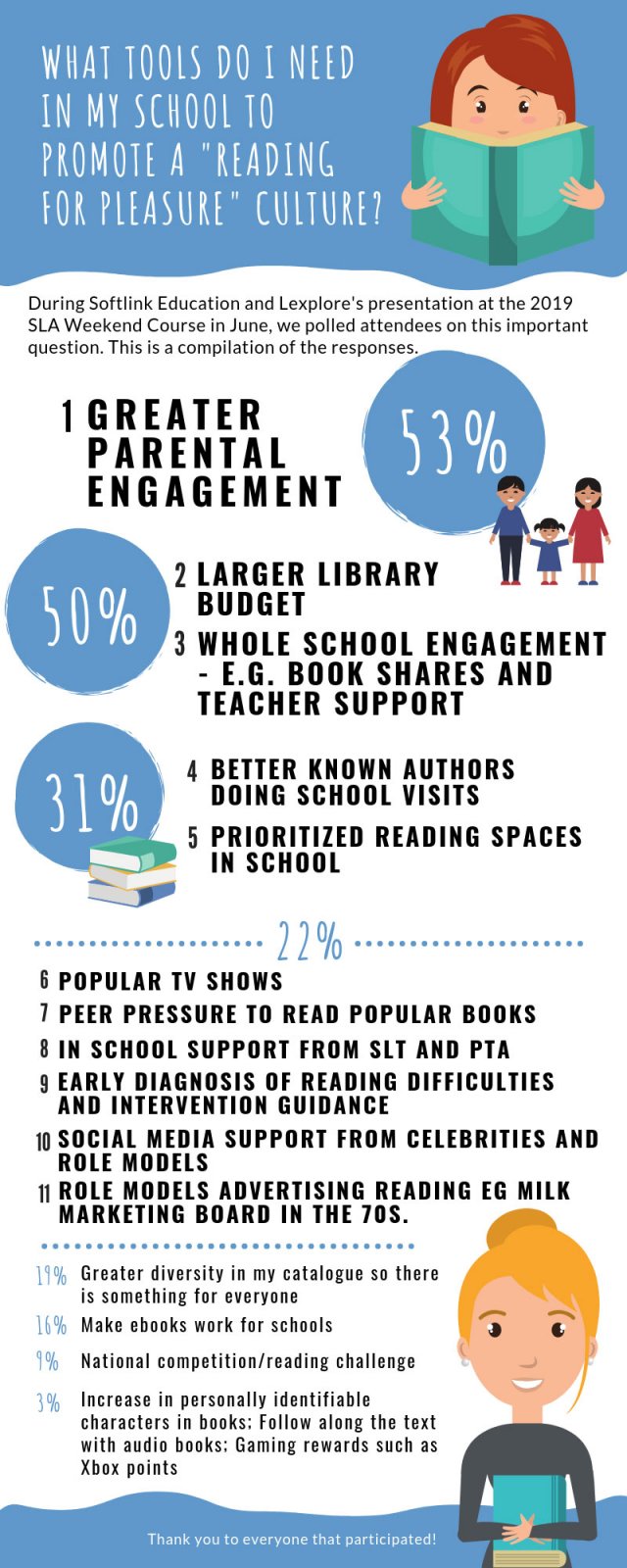Brett whitlock smith reading begin 6th giver wednesday students august
Table of Contents
Table of Contents
In today’s fast-paced world, it’s easy to get caught up in screens and forget about the joy of reading books. However, promoting reading for pleasure in schools is crucial in nurturing well-rounded and imaginative individuals.
The Challenges
With the increase of digital distractions, many students find it difficult to sit down and read a novel, causing a decrease in reading abilities and a lack of interest in books. Implementation and integration of reading for pleasure in schools also face challenges from a traditionally overloaded curriculum that doesn’t offer extra room for literature.
The Target
Promoting reading for pleasure in schools isn’t just about enhancing reading skills. It’s also about incorporating an essential life skill that teaches empathy, critical thinking, and encourages curiosity in the student’s daily lives. Reading and understanding texts also have endless benefits in both mental stimulation and stress management.
The Solution
The solution to this problem is multifaceted, but it starts with reevaluating the school curriculum and creating a culture that encourages reading for pleasure. This includes providing access to libraries, allowing designated reading time during the day, and encouraging discussions and activities focused on literature. By integrating reading for pleasure in schools, students have the ability to explore different worlds, meet new characters, and become lifelong learners.
My Experience
As a former teacher, I made sure to dedicate a portion of my lesson plan for silent reading time, alongside guiding students towards books that catered to their interests. Seeing my students transform from passive readers to avid readers was a gratifying experience. Witnessing the transformative benefits of reading emphasized the importance of embedding reading for pleasure in daily curriculum.
Creating a School-Wide Culture
Reading for pleasure needs to be a crucial part of the school culture to be successful. Start by incorporating activities, such as reading competitions or book clubs, that encourage students to support each other’s interests in the reading community. Don’t forget to involve parents and guardians by assigning engaging homework tasks that enhance the student’s reading progress.
The Benefits
Reading for pleasure is an important skill that has many benefits. Students who develop this skill tend to have confident communication skills, higher cognitive abilities, and an increased empathy towards others. Reading for pleasure can also support stress reduction, leading to mentally healthy and happy individuals.
Using Technology to Support Reading Skills
The benefits of integrating technology to promote reading for pleasure can’t be ignored. In many instances, eBooks have proven to be an effective way to encourage students to read, especially with readers who experience difficulty reading. E-readers offer benefits, such as adjustable font size, dyslexic fonts, and highlighting functionality.
Question and Answer
Q: How can reading for pleasure improve writing skills?
A: Reading helps improve vocabulary, grammar, and understanding of sentence structure, among other writing skills.
Q: Can audiobooks be considered “reading for pleasure”?
A: Yes, audiobooks offer the same benefits as regular books when it comes to improving reading skills, and can be an excellent option for students who have difficulty reading.
Q: Should parents be involved in promoting reading for pleasure in schools?
A: Absolutely, collaboration between educators and parents is essential in promoting reading for pleasure for students. Parents can encourage their children to read at a young age, provide reading material, and share their love for literature.
Q: How can teachers encourage reluctant readers to read for pleasure?
A: Encouraging reluctant readers to find books about topics they are interested in, providing a comfortable reading environment, and providing reading material at student reading level are ways teachers can encourage reluctant readers to read for pleasure.
Conclusion of Promoting Reading for Pleasure in Schools
Teaching students the joy of reading should be a priority for all schools. Through promoting and nurturing reading for pleasure in schools, students can develop empathy, critical thinking, communication, and other critical life skills. Integrating reading for pleasure can be daunting, but with proper encouragement, support, and a transformative culture shift, every student has the potential to be an avid reader.
Gallery
Promoting A Reading For Pleasure Culture In Schools – Softlink

Photo Credit by: bing.com / promote
English: Promoting Reading For Pleasure | Tes

Photo Credit by: bing.com / promoting membaca manfaat youthmanual pelajar rencanamu reignite lost ajakan
Promoting Reading For Pleasure - UKLA

Photo Credit by: bing.com / ukla
Brett Whitlock Smith - Union Yellow Jackets
Photo Credit by: bing.com / brett whitlock smith reading begin 6th giver wednesday students august
Promoting Reading For Pleasure In The Primary School | SAGE

Photo Credit by: bing.com / promoting






